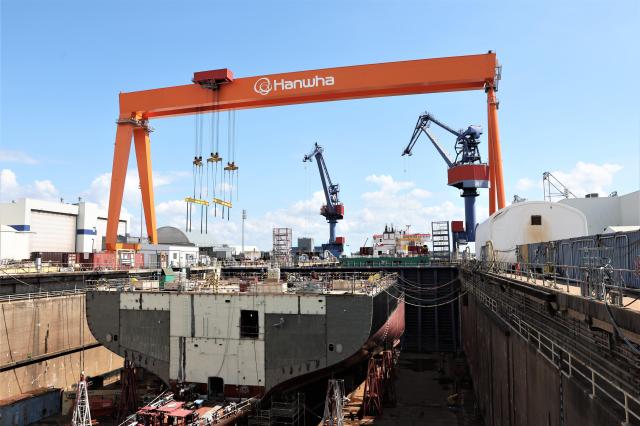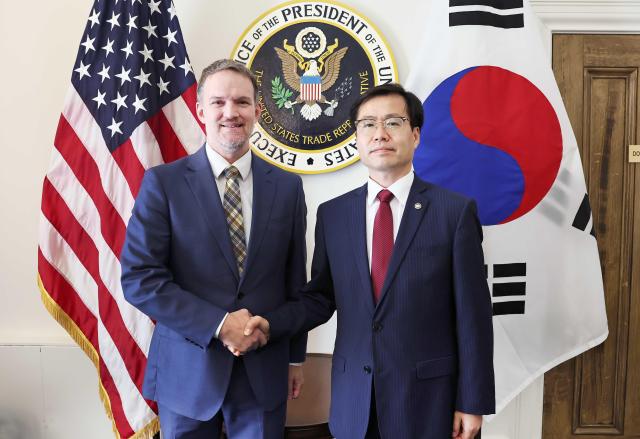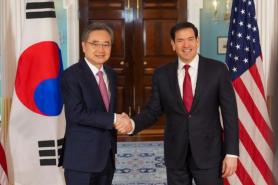
SEOUL, July 27 (AJP) - As the clock ticks down to the Aug. 1 deadline for tariff exemptions, South Korea is intensifying its push for a comprehensive trade agreement with the United States.
High-level talks are scheduled for this week, with key officials from both nations expected to hold separate meetings to finalize negotiations.
South Korea's Deputy Prime Minister and Minister of Economy and Finance Koo Yun-cheol is slated to meet with his American counterpart, Scott Bessent, the treasury secretary, for a critical round of last-minute discussions. Simultaneously, South Korea's Foreign Minister Cho Hyun will hold a separate meeting with Marco Rubio, the U.S. secretary of state, this week.
South Korea's presidential office held emergency meetings on trade relations with the United States on July 25 and 26. These sessions served to update officials on the ongoing high-level negotiations and to reiterate Seoul’s commitment to dedicating full effort to the talks until the August 1 deadline.
In a statement released on July 26, the presidential office affirmed, "As Deputy Prime Minister Koo and Minister Cho are scheduled to meet with Treasury Secretary Bessent and Secretary of State Rubio, respectively, in the coming week, the government has decided to exert full effort in trade negotiations with the U.S. before Aug. 1."
It was also noted that the American side had already communicated the specific date for Koo and Bessent’s meeting.
During the emergency discussions, Minister of Trade, Industry and Energy Kim Jung-kwan reported on the outcome of his late-night meeting on July 25 with Howard Lutnick, the U.S. secretary of commerce, in the United States.

The presidential office indicated that "our side confirmed the U.S. side's strong interest in the shipbuilding sector, and we have agreed to work towards mutually agreeable solutions, including cooperation in shipbuilding between the two countries."
The South Korean government has laid a broad array of proposals on the negotiating table with the United States, including pledges of large-scale investments in the U.S., cooperation in strategic industries, and discussions on non-tariff issues such as agriculture, livestock, and digital trade. Security cooperation has also been a consistent component of these ongoing discussions.
However, a renewed focus by the United States on its shipbuilding industry is now shifting the dynamics of the talks. This has significantly increased the likelihood that South Korea's robust shipbuilding capabilities could become a crucial negotiating leverage.
The United States has identified both South Korea and Japan as potential partners in its efforts to revitalize its domestic shipbuilding sector.
Analysts suggest that South Korea, benefiting from its advanced technology and superior production capacity, has most likely put forth concrete proposals. These could encompass the establishment of shipyards within the United States, equity investments, or offering technological and human resource support to the American shipbuilding industry.
Copyright ⓒ Aju Press All rights reserved.




